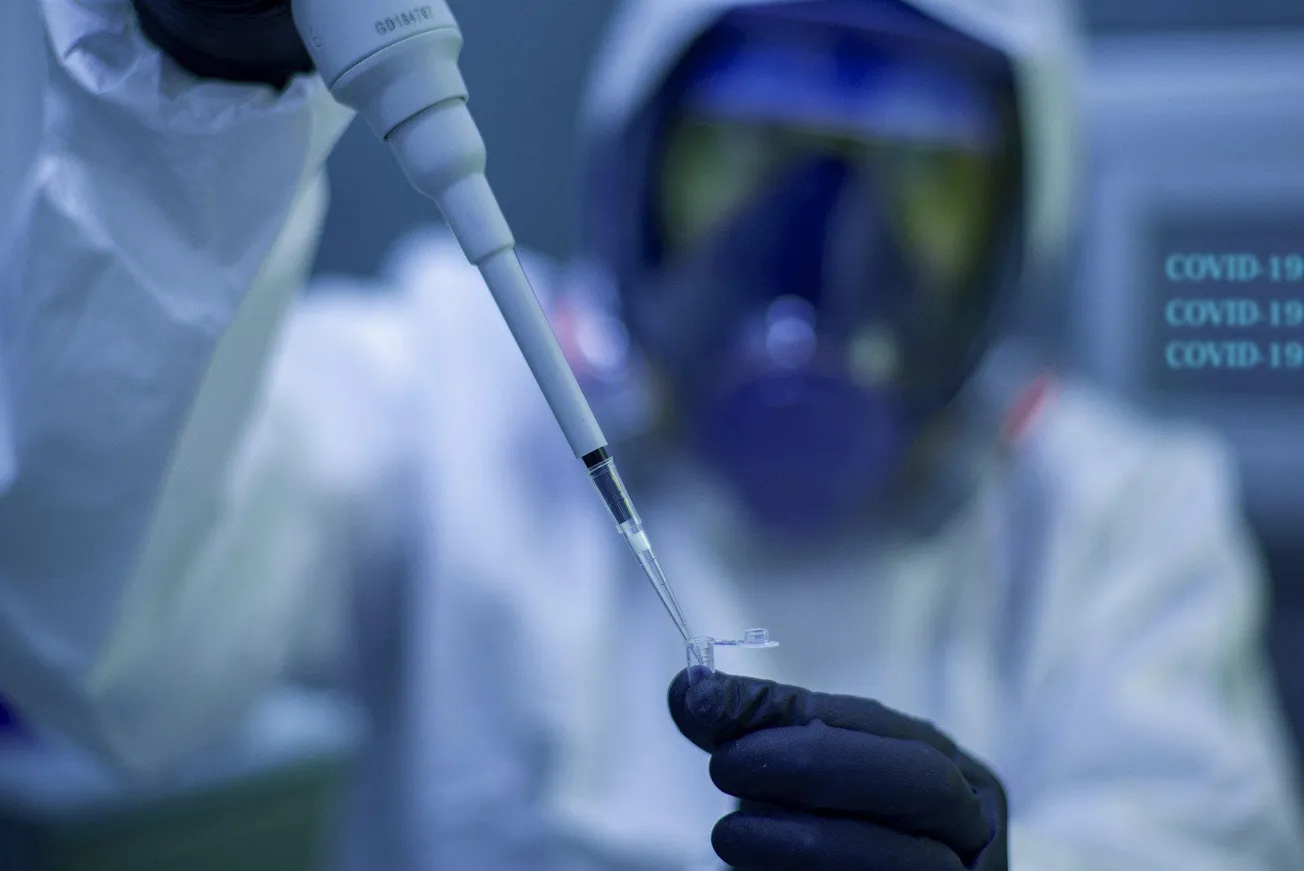Evidence of a new variant of the coronavirus has been located in Manaus, Brazil. Identified as “P.1,” it joins the variants found in England (B.1.1.7) and South Africa (501Y.V2). The latter are thought to be more transmissible than the SARS-CoV-2 found in Wuhan. The Manaus variant is of concern because it arose in an area which had a high rate of previous infection, and which was hoped had come close to a herd immunity situation. This raises the possibility that P.1 partially evades whatever immunity had been built up from the previous infection.
Flu vaccines are constantly reconfigured, and COVID-19 vaccines can also be reconfigured. But there is a high priority to monitor for new mutant strains — and WHO is trying to fill that role. The variants to especially watch for are ones that might reconfigure the crown itself enough to interfere with the targeting of the existing vaccines. So far that’s not been shown, and the present vaccines appear to cover the variants that have been located.
Philip Krause, the chair of WHO’s working group on vaccines, said that the various mutations found amongst the new variants are being tracked and studied. He spoke to the significant rate of mutations as raising a concern: “[T]he rapid evolution of these variants suggests that, if it is possible for the virus to evolve into a vaccine-resistant phenotype, this may happen sooner than we like.” There is no substitute for a worldwide tracking system with a rapid scientific and manufacturing response.




